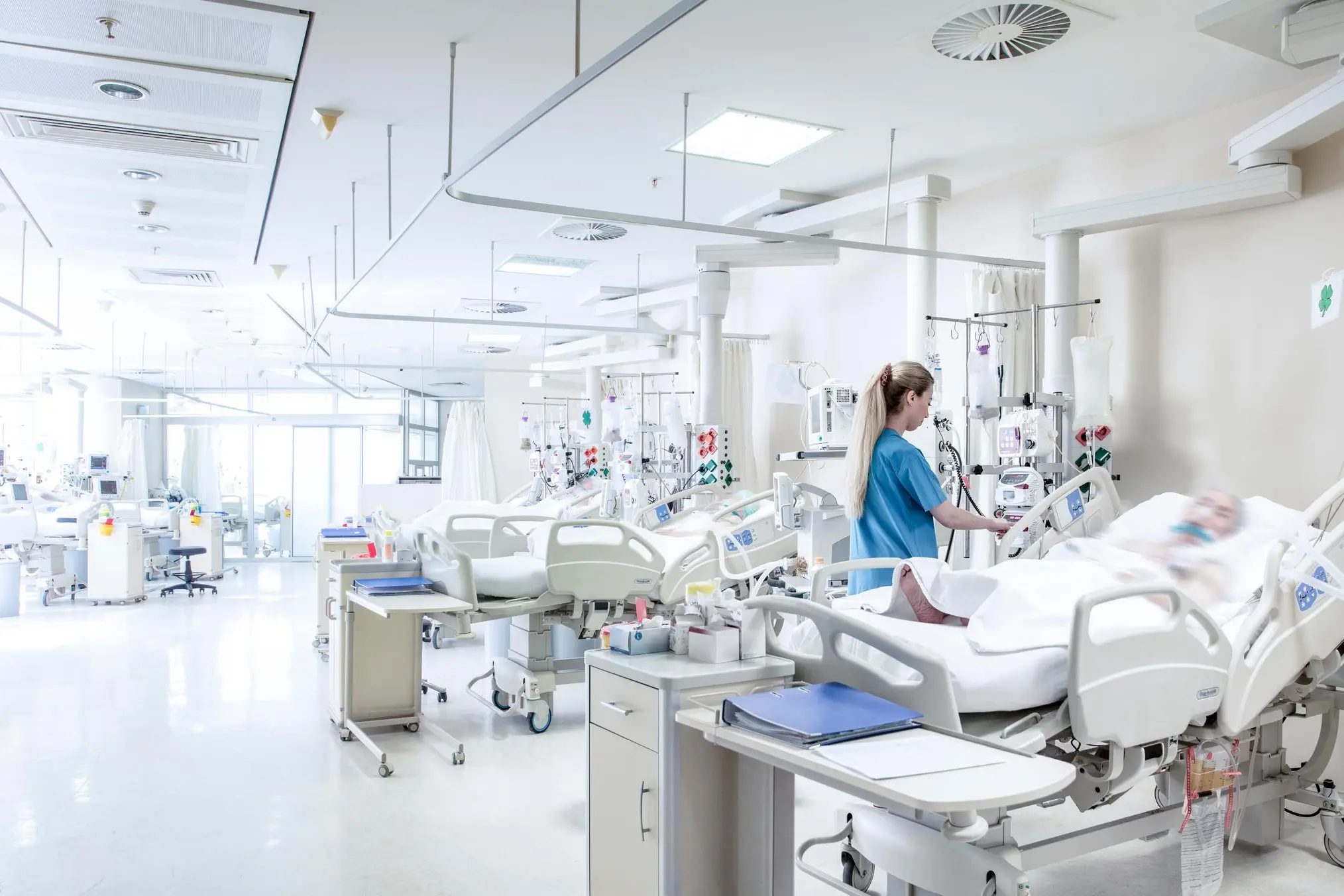PHOTO
Middle East countries, including the UAE, are showing a "disturbing rise" in the number of cancer patients and long-term projections show that cancer cases are expected to double by 2030, according to the World Health Organisation (WHO).
"Breast cancer, genitourinary (GU) cancer and lung cancer tumours prevalence has reached up to 40 per cent of all cancers in specific geographies in the region," said Yasser El Dershaby, vice-president and medical affairs lead of Africa and Middle East region at Pfizer, during a virtual oncology summit.
"There are many risk factors and it depends on the type of cancer. When it comes to lung cancer, the leading cause remains smoking, which is lifestyle-related. When it comes to breast cancer, the exact cause remains unclear, but some risk factors make it more likely, for example, genetics," he added.
"The incidence of cancer across the region remains high, and the reason we held this webinar is to create a platform where thought leaders can come together and share the latest advances, treatments, ideas that will ultimately transform the cancer treatment landscape across the region and globally. Our progress is impossible without the right partnerships. Raising awareness about early detection, lifestyle factors, and sharing innovations and methods can help to a great degree to fight this disease," said El Dershaby.
Organised by Pfizer Inc, the 13th Africa and Middle East (AfME) Oncology Summit saw 250 healthcare professionals from across the region exchange scientific know-how and evidence-based updates related to different kinds of cancers prevalent in the region.
Breast cancer has high prevalence in the region, said Prof Jean-Marc A Nabholtz, professor of oncology at the King Saud University Medical City, Riyadh. "From experience, we know that early diagnosis means higher cure rates, lower treatment expenses, and a much better quality of life for patients and their families."
When it comes to lung cancer, the leading cause is still lifestyle-related, like smoking, said Dr Yasser Salah Eldin Sayed Abd El Kader, director of oncology centre at Cairo University, Egypt. "One reason why it is so deadly is because it is hard to find in early stages. It may take years for lung cancer to grow, and there are usually no symptoms. By the time you notice symptoms, cancer often has spread to other parts of the body. Fortunately, state-of-the-art diagnostic testing and the latest treatment options for lung cancer gives hope and optimism to patients. On another note, anti-smoking awareness campaigns remain critical to success."
Copyright © 2020 Khaleej Times. All Rights Reserved. Provided by SyndiGate Media Inc. (Syndigate.info).





















